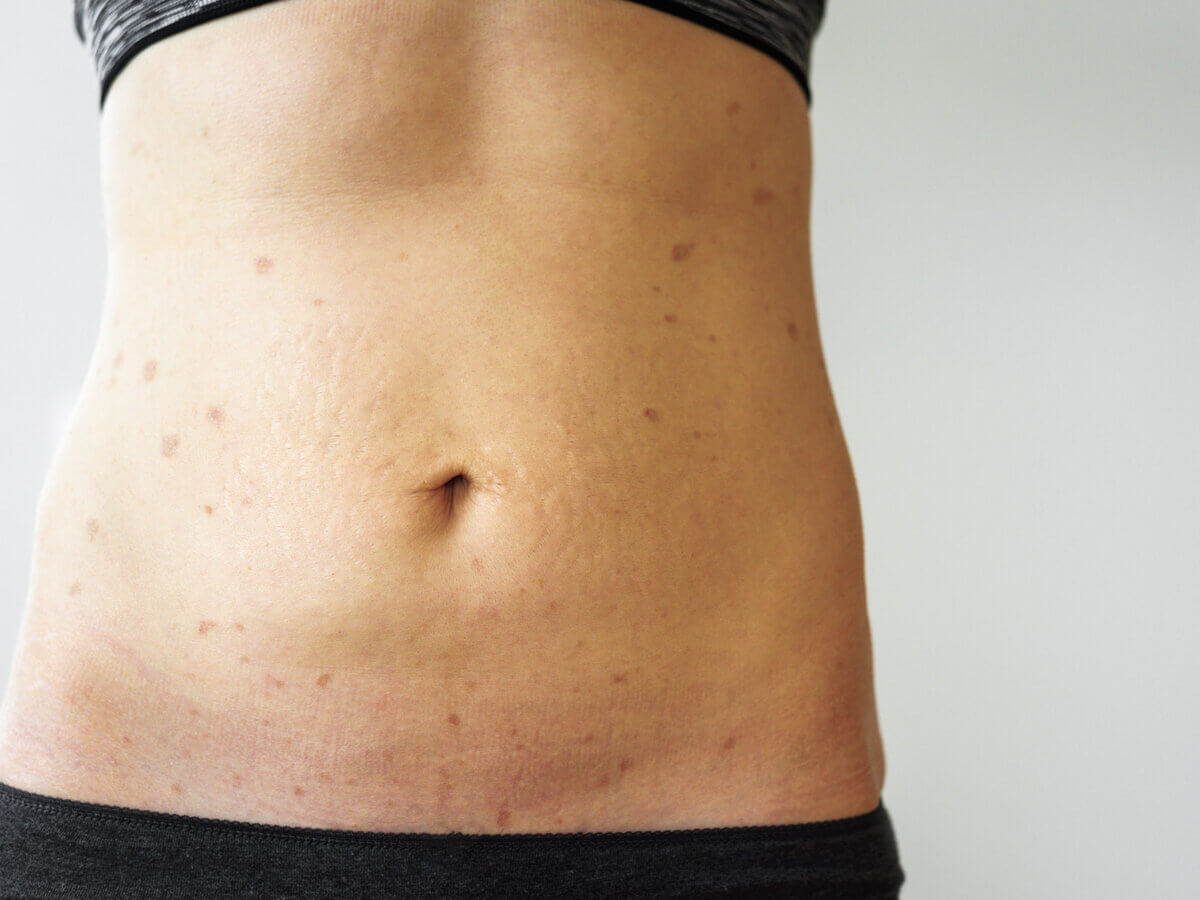Blog
Dental hygiene tips for healthy teeth & gums

What is Lichen Planus?
Lichen planus affects a large number of people. This disease can occur in one or more parts of the body. It can manifest itself on the skin or inside the mouth. It can appear in both places at times. Lichen planus can even cause changes in the appearance of a person’s fingernails or toenails. It can also appear on a person’s genitals or scalp. You can’t catch this disease from someone else, and you can’t pass it on to anyone else. Lichen planus is not a cancerous condition.
Lichen planus symptoms
The following are some of the most prevalent lichen planus symptoms:
- Purplish-colored lesions or lumps on your skin or genitals with flat tops
- Lesions that appear and spread throughout the body for weeks or months
- Itchiness at the rash’s location
- Lacy-white sores in the mouth that are either unpleasant or create a burning feeling
- Blisters that break and leave a scab
- Rash with narrow white lines
What are the causes and risk factors for this condition
Lichen planus occurs when your body incorrectly targets your skin or mucous membrane cells. Doctors are unsure as to why this occurs. Lichen planus can affect anyone at any age. Men and women both receive the skin form of lichen planus, but women are twice as likely to develop the oral type. In youngsters and elderly adults, it is quite unusual. It’s more common in persons in their forties and fifties.
Other risk factors include having lichen planus in the family, having a viral condition like hepatitis C, or being exposed to allergens such as particular chemicals. The following allergens may be present:
- Antibiotics
- Iodide Compounds
- Diuretics
- Arsenic
- Dyes of particular types
- Other prescription drugs
- Gold
Lichen planus is unpleasant, but it is not hazardous. Your rash will clear up with time with the help of home and prescription therapies.
Schedule your appointment with a dentist today and get the treatment on time!


